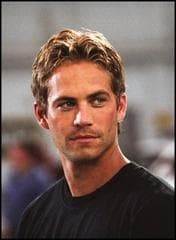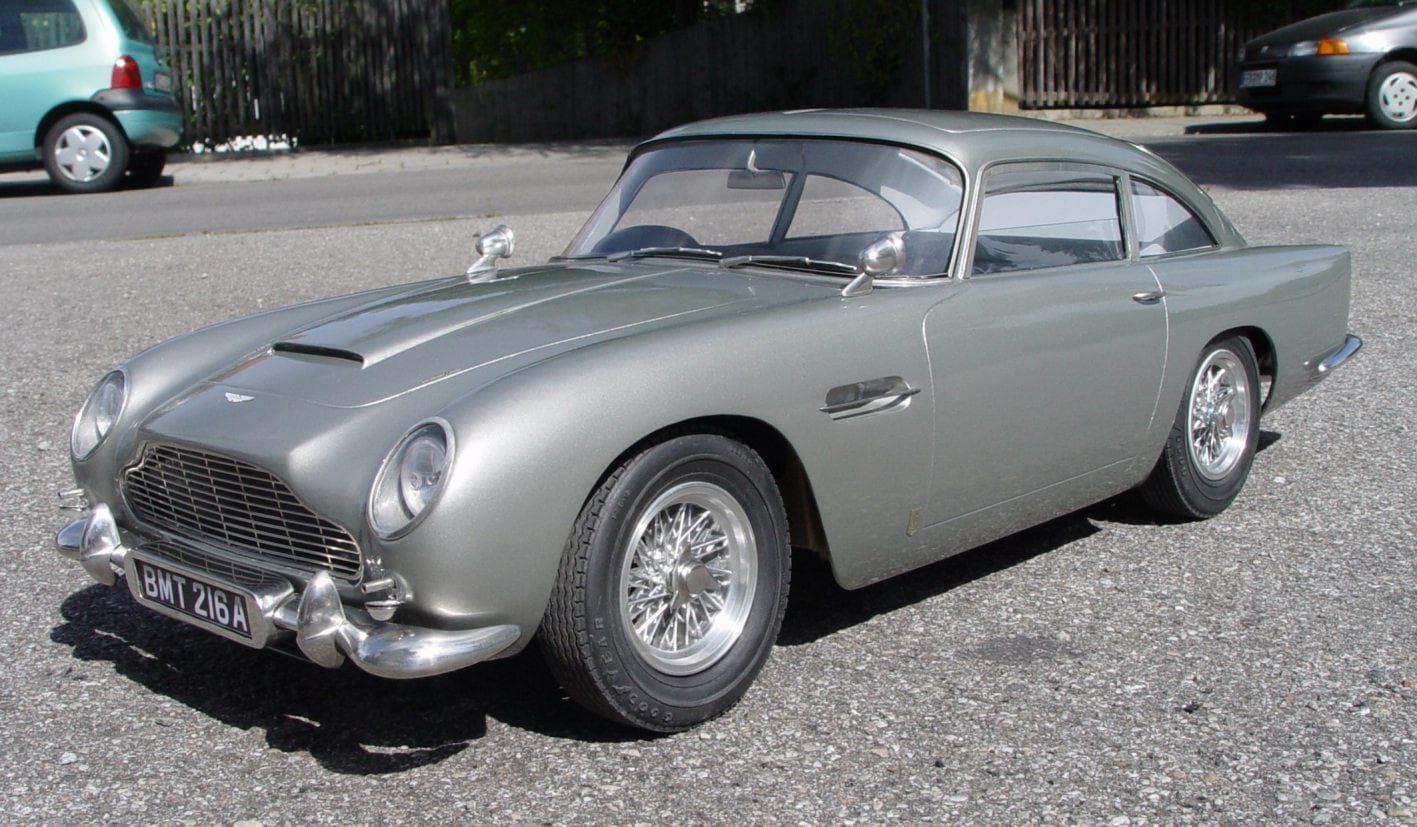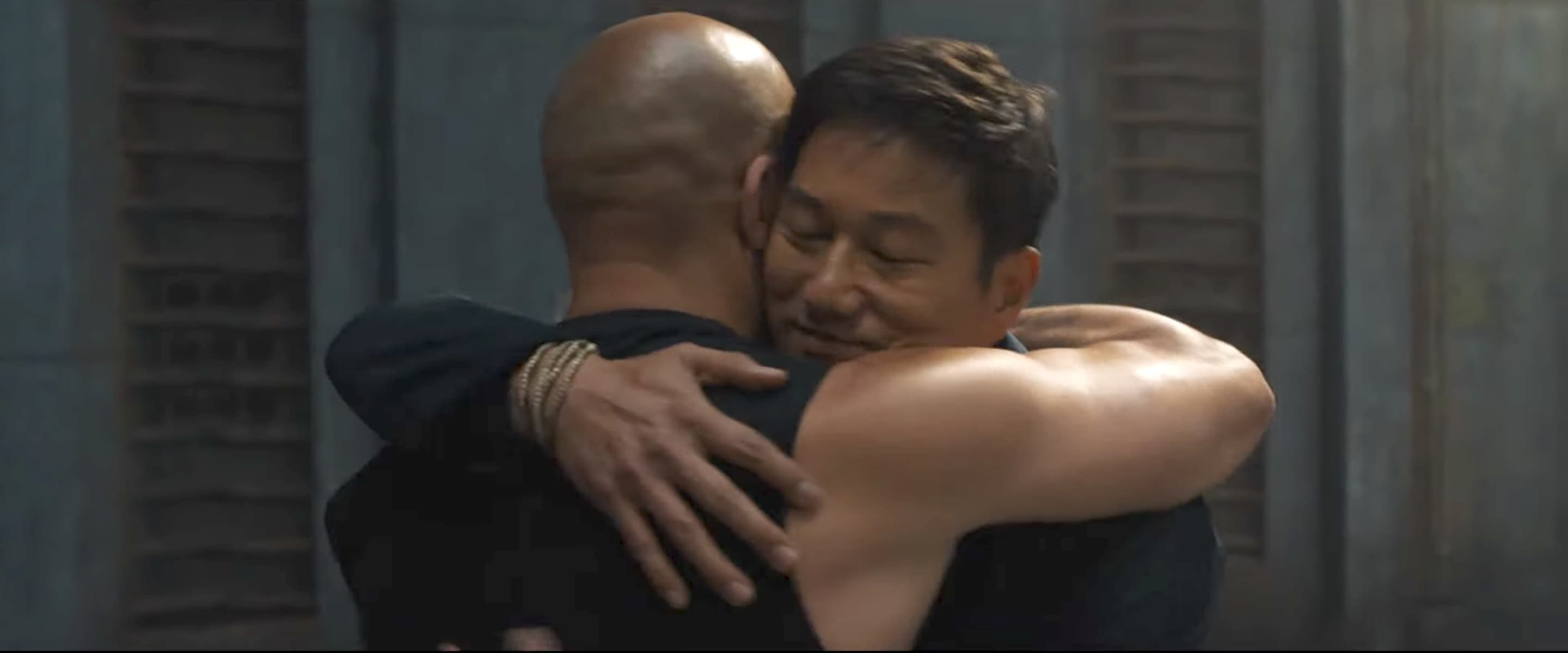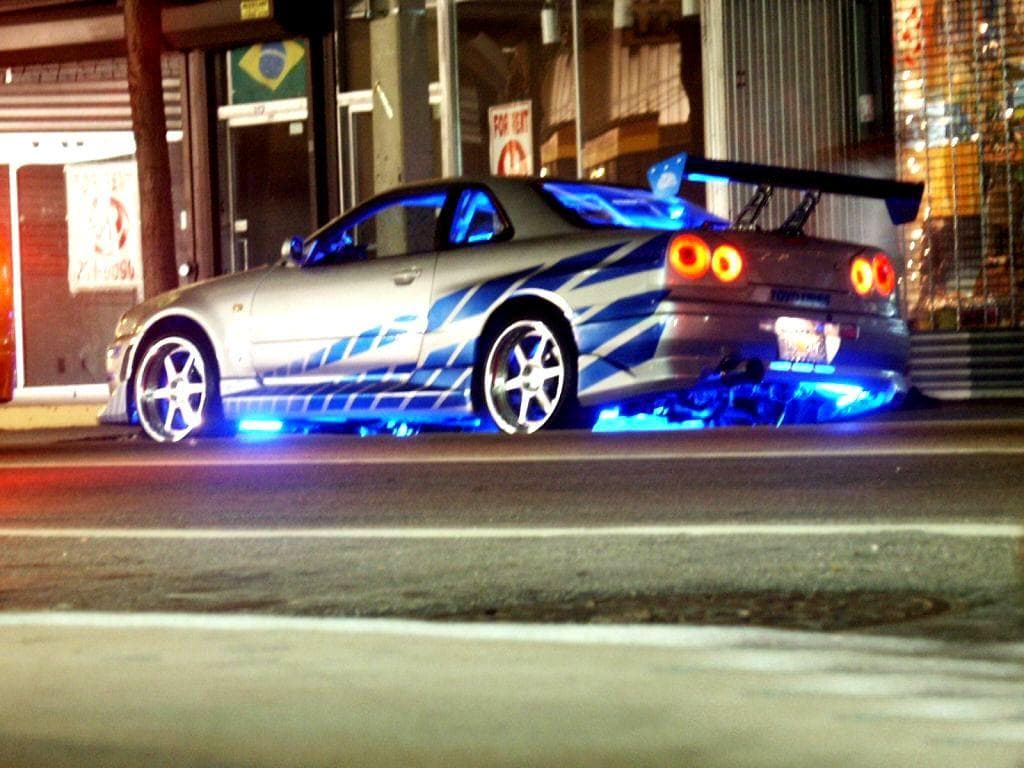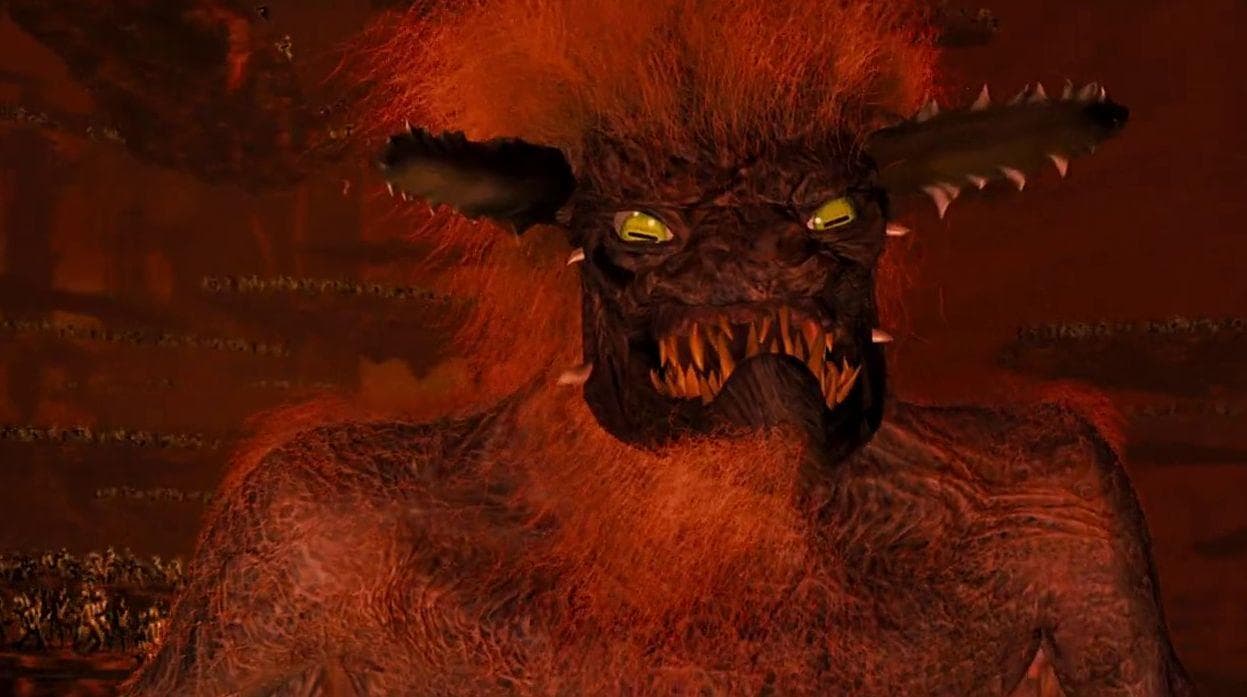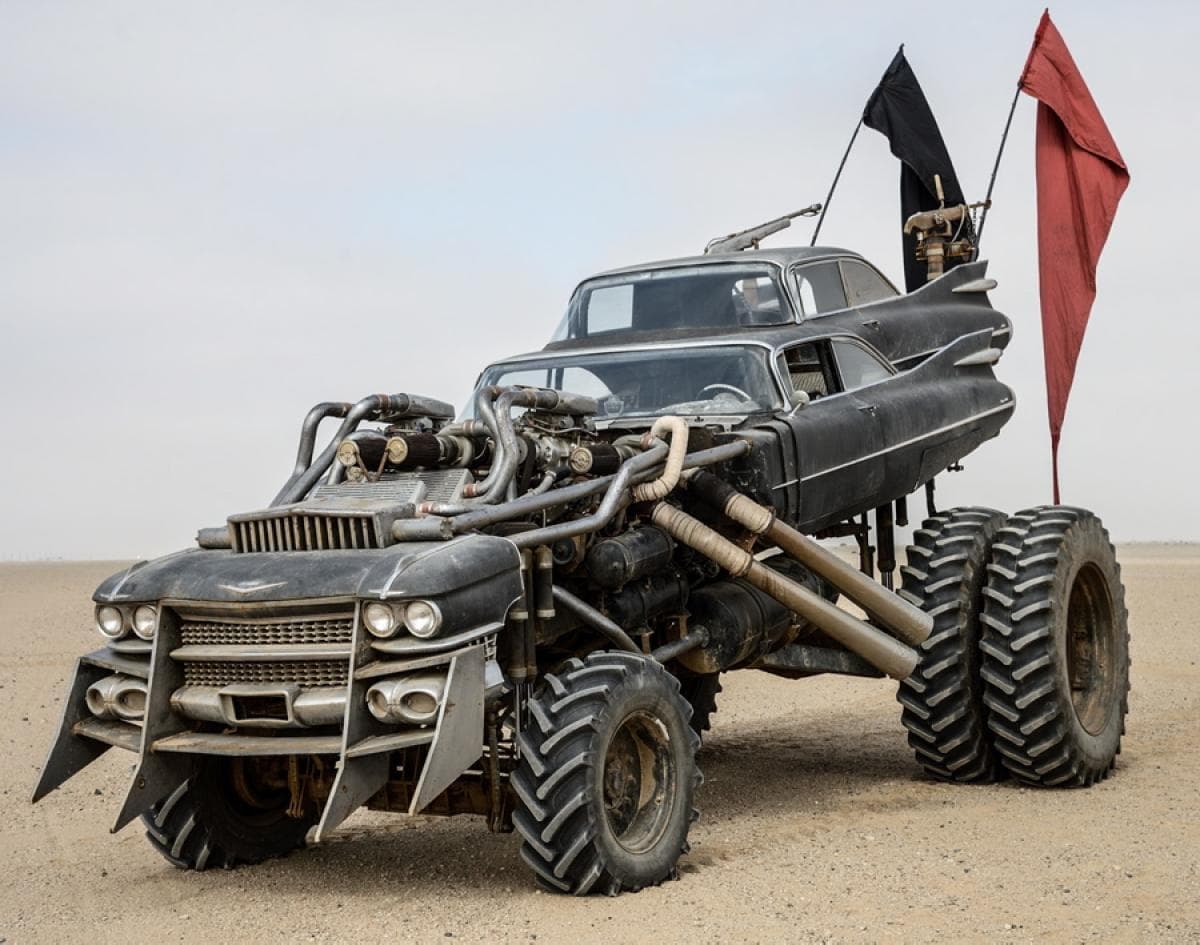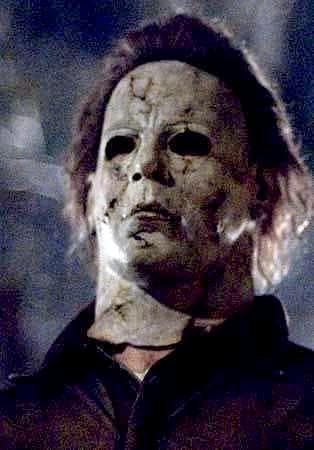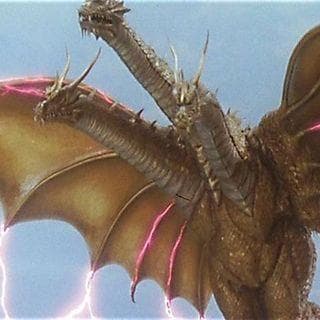-
(#8) 2018 (90th Academy Awards - March 4, 2018)
The Winner: The Shape of Water
The Nominees: Call Me by Your Name; Darkest Hour; Dunkirk; Get Out; Lady Bird; Phantom Thread; The Post; Three Billboards Outside Ebbing, Missouri
The Race: By the time one of his movies was finally in contention for the top prizes at the Academy Awards, Guillermo del Toro was already a known commodity and something approaching a household name. He made his name with both personal, historically laced genre projects like Pan's Labyrinth and The Devil's Backbone and comic-book properties like Blade II and the Hellboy movies. Then came The Shape of Water, which combined so many of his preoccupations into a single project - a romantic ode to creature features that made such a profound impression on del Toro's imagination, as well as a morally righteous parable about power and bigotry.
It had plenty of competition en route to top honors - Three Billboards Outside Ebbing, Missouri won it all at the BAFTAs, the Golden Globes and the SAG Awards. Lady Bird won Best Picture - Comedy/Musical at the Globes. Jordan Peele's Get Out, meanwhile, made the biggest cultural dent of any movie in competition. And that's to say nothing of Dunkirk, the WWII epic that both made bank at the ticket stands and earned plaudits from even many of Nolan's critics.
The Snubs: Many expected The Big Sick to ride the goodwill it had garnered since its Sundance premiere to award-season prominence, but a number of other movies wound up leapfrogging it. Netflix had a chance to get on the board with Mudbound, but it was a year early for the streaming giant. A pair of well-reviewed superhero films, Wonder Woman and Logan, had their share of advocates for BP consideration, but nothing came of it. The Florida Project and Blade Runner 2049 missed out, as well.
In Hindsight, Though... : It's hard to imagine anything in this group having the enduring pop-culture legacy to match Get Out, nor the technical accomplishment of Dunkirk. Three Billboards' reputation took a hit after its early praise, but with more hindsight, we'll see. Paul Thomas Anderson's Phantom Thread seems primed to be remembered as one of the classics of the era. Lady Bird will only continue to gain fans now that Greta Gerwig has established herself as a bona fide auteur. The Shape of Water may not endure the same way Pan's Labyrinth, for example, has, but only more time will tell.
-
(#5) 2010 (82nd Academy Awards - March 7, 2010)
The Winner: The Hurt Locker
The Nominees: Avatar, The Blind Side, District 9, An Education, Inglourious Basterds, Precious: Based on the Novel 'Push' by Sapphire, A Serious Man, Up, Up in the Air
The Race: This was a historical turning point for the Oscars. A year earlier, the Academy had come under fire for being snooty and out of touch after its purported failure to recognize critically acclaimed popular movies - The Dark Knight in particular. In response, the field was expanded to 10 nominees - in subsequent years that was adjusted to be anywhere from 5-10 nominees instead of a hard 10 - and the result was one of the more eclectic collections of Best Picture nominees in the show's existence. Without the expanded field, it's possible the Academy's streak of leaving science fiction out of contention for its top prize - a sci-fi film hadn't been nominated for BP since E.T. - would have continued unabated. This year saw not one but two sci-fi nominees, with James Cameron's record-setting Avatar being joined by the sleeper hit of the summer, District 9. The expansion also made room for Pixar's Up - the first animated film to make the cut since 1991 and only the second all-time - and more niche films like the Coen Brothers' absurdist, esoteric A Serious Man.
But the number of nominees wasn't the only way this year's Oscars were primed to make history. At the forefront of the race was The Hurt Locker, which not only became the first Best Picture winner to be directed by a woman, but also earned Kathryn Bigelow the Best Director prize, another historical first. Adding to the drama - or melodrama, perhaps - was that her movie was going head-to-head against Cameron, her former husband and collaborator, whose Avatar was also a prime contender to take the big prize. The most likely spoiler in that fight was Quentin Tarantino's rollicking revisionist WWII epic Inglourious Basterds.
The Snubs: Despite the field including two sci-fi films and five popular mainstream hits, J.J. Abrams's extremely well-liked Star Trek reboot couldn't nudge its way in. Meanwhile, a couple of prestige dramas that seemingly fit the Academy mold to a T - Clint Eastwood's Invictus, featuring Morgan Freeman as Nelson Mandela, and Scott Cooper's Crazy Heart - were recognized in the acting categories but nothing bigger. The Messenger and Tom Ford's A Single Man were considered possible darkhorse candidates, but neither gained enough traction to crash the Best Picture field.
In Hindsight, Though... : While it may not have the pop-culture relevance of, say, Saving Private Ryan or Apocalypse Now, Bigelow's The Hurt Locker still stands as a striking testament to the psychological experience of war - and it put Jeremy Renner on the road to household name status. Avatar, meanwhile, was the most lucrative movie of all-time at the time, but its legacy has been oddly muted. Perhaps upon the release of its four long-delayed sequels, Avatar will find its second life. Auteur-specific films like Inglourious Basterds and A Serious Man remain esteemed with their audiences, while generally well-reviewed efforts like An Education, Precious, and Up in the Air have been somewhat memory-holed. Up remains widely beloved, The Blind Side less so. And it's safe to say that Neill Blomkamp's post-District 9 efforts (Elysium, Chappie) haven't helped the reputation of his breakout debut hit.
-
(#4) 2014 (86th Academy Awards - March 2, 2014)
The Winner: 12 Years a Slave
The Nominees: American Hustle, Captain Phillips, Dallas Buyers Club, Gravity, Her, Nebraska, Philomena, The Wolf of Wall Street
The Race: After his previous efforts Hunger and Shame failed to attract the Academy's glances, Steve McQueen finally broke through at the 86th Oscars. His brutal but inspiring true-story adaptation 12 Years a Slave became the first Best Picture winner to be helmed by a black director. (Three years later, Moonlight became the second.) The split between this year's Best Picture and Best Director winners encapsulated the competition, with 12 Years a Slave and Alfonso Cuaron's Gravity running neck and neck for much of the campaign season. Cuaron wound up winning Best Director, while McQueen's film won top honors. The cases for both were, of course, wildly different; for McQueen's film, it was simply a great story that shined a light on a devastating chapter of American history; Cuaron's film, on the other hand, was praised first and foremost as a groundbreaking technical achievement, embodying the pure spectacle of big-budget Hollywood filmmaking in a unique (and 3D-optimized) way.
Of course, those weren't the only two heavyweights in contention. In fact, David O. Russell's Amerian Hustle matched Gravity for most total nominations with 10, but it went home emptyhanded. Martin Scorsese's The Wolf of Wall Street had five of its own, but too much controversy - in some cases, outright hostility - doomed its chances.
The Snubs: Despite the Coen Brothers having a handful of Oscars to their name already, their cinematic folk ballad Inside Llewyn Davis wasn't quite to the Academy's liking. Richard Linklater's third entry in the Before series, Before Midnight, was also overlooked despite a rapturous reception. And a few more low- to mid-budget critical faves - among them Fruitvale Station, Blue Jasmine, and All Is Lost - didn't quite have the support, either.
In Hindsight, Though... : Though uncompromising dramas about the realities of the Antebellum South - or any savage historical era or institution, for that matter - aren't typically the types of movies that become rewatchable favorites, 12 Years a Slave's reputation still remains strong. Gravity, meanwhile, hasn't endured in quite the same way. The Wolf of Wall Street has only grown in acclaim since its release, with Jordan Belfort becoming a practical embodiment of the dark side of American capitalism.
-
(#7) 2011 (83rd Academy Awards - February 27, 2011)
The Winner: The King's Speech
The Nominees: 127 Hours, Black Swan, The Fighter, Inception, The Kids Are All Right, The Social Network, Toy Story 3, True Grit, Winter's Bone
The Race: This was always going to be a two-movie race, as The King's Speech and The Social Network had been firmly established as the favorites heading into Oscar weekend. Anything else winning would have been a shock. And just like that, an easy juxtaposition was created. Incidentally or otherwise, the two contenders were complete opposites. In one corner, a period piece that checked oh-so-many time-tested Oscar boxes: WWII, royalty, Nazis, a protagonist overcoming a disability, a climactic inspirational speech; it was practically engineered to win Best Picture. In the other corner, a distinctly modern story about a distinctly modern creation, centered around a young, prickly protagonist. The two films had milieus of the privileged and elite in common - Buckingham Palace on one hand, rich Harvard brats and Silicon Valley hotshots on the other - but little else.
Naturally, the Academy sided with the triumphant WWII movie. It's the scorpion and the frog.
The rest of the field was no slouch, though. After The Dark Knight was infamously snubbed two years earlier, Christopher Nolan finally made his way into the Best Picture race with the popular, if divisive, smash hit Inception. Pixar made the cut again with Toy Story 3, which has gone down as the most popular of the series. And elsewhere, there was the indie that launched Jennifer Lawrence to stardom, a Coen Brothers Western, and a pair of R-rated, auteur-driven hits that delivered acting Oscars for Natalie Portman and Christian Bale.
The Snubs: Strong reviews and a solid box-office performance for the Boston crime thriller The Town put it in the Oscar conversation, but it was left on the outside looking in. Ditto a pair of well-regarded (if depressing) dramas, Rabbit Hole and Blue Valentine. All three of those movies were represented in the acting categories only.
In Hindsight, Though... : Honoring The King's Speech over The Social Network seemed, even at the time, like a historical Oscar mistake unfolding before everyone's eyes. Hindsight has only enhanced the reputation of the latter - David Fincher's own reputation as one of cinema's modern masters doesn't hurt that, of course - while the former seems, in the minds of many, to fit comfortably in the "Oscar bait" bucket. Pixar being what it is, Toy Story 3 is probably the most enduringly popular of the 10 nominees. Darren Aronofsky's Black Swan remains divisive, in much the same way that his mother! proved to be a few years later. True Grit and The Fighter are still considered among the better examples of two out-of-fashion genres.
-
(#6) 2013 (85th Academy Awards - February 24, 2013)
The Winner: Argo
The Nominees: Amour, Beasts of the Southern Wild, Django Unchained, Les Misérables, Life of Pi, Lincoln, Silver Linings Playbook, Zero Dark Thirty
The Race: The odds-on favorite became the overlooked underdog, and that overlooked underdog roared back to win the whole damn thing. Riding a wave of strong reviews out of the Toronto Film Festival, Ben Affleck's Argo emerged as the movie to beat, its combination of period-specific political urgency, old-fashioned suspense thrills, and a true-Hollywood-story veneer charming critics right out of the gate. Audiences showed up, too, to the tune of $136 million. Even with the specter of end-of-year prestige releases hovering, Argo seemed like it was sitting pretty.
And then the end-of-year prestige releases showed up and pushed Argo to the background - to the extent that, despite nominating Argo for Best Picture in a nine-movie field, Affleck was left out of the directing category, typically a sure sign that Best Picture chances are more or less out of the question. Steven Spielberg's tailor-made-for-Oscars Lincoln was one of those prestige releases, earning some of the highest marks of Spielberg's late-career output. And then there was Kathryn Bigelow's Zero Dark Thirty, which had not only Bigelow's recent Oscars success in its corner but also a ripped-from-the-headlines narrative. That, and terrific reviews. And then the controversy started over whether it was condoning torture, or how truthful it really was, amid a whole host of other politically thorny controversies. And suddenly, the bloom was off the rose for that Best Picture contender... which brought it all back around to Argo, which took home the prize.
Popular and critically acclaimed hits like Silver Linings Playbook, Django Unchained, and Lincoln seemingly had an opening, but the Argo comeback story was just too hard to resist. Affleck's Iran hostage crisis drama became the sentimental favorite.
The Snubs: Coming a few years after the Oscars success of There Will Be Blood, Paul Thomas Anderson's The Master didn't make the same impression with the Academy, although the film did earn three acting nominations. Meanwhile, PTA's surname-sharing colleague Wes Anderson was overlooked for Moonrise Kingdom. And a pair of popular genre hits, Skyfall and Looper, were in the Oscar conversation before fading out of it. This was also the year of the runaway hit The Avengers and the divisive The Dark Knight Rises, but neither the critical acclaim nor box-office receipts for those two superhero efforts were enough to sway the Academy.
In Hindsight, Though... : Argo's real-life story was a good one, its Oscars comeback was a good story, and that's basically where Argo's own story ended - a footnote in the annals of the Academy's award history. While the controversy surrounding Zero Dark Thiry has endured in some fashion, Les Misérables has become a punchline, and Beasts of the Southern Wild has been quietly tossed aside, the likes of Lincoln, Django Unchained, and Silver Linings Playbook have maintained their popularity and/or esteem. It seems odd, given the Academy's tendencies, that something like Lincoln didn't clean up.
-
(#9) 2019 (91st Academy Awards - February 24, 2019)
The Winner: Green Book
The Nominees: Black Panther, BlacKkKlansman, Bohemian Rhapsody, The Favourite, Roma, A Star Is Born, Vice
The Race: Where to begin with this one? If one were being charitable, one could consider this Best Picture race a simple matter of old distribution methods vs. newer ones. A widely released crowd-pleaser (Green Book) vs. a Netflix movie that got a limited release (though much wider than most other Netflix-distributed films) and wound up almost immediately on the streaming service. Steven Spielberg himself even publicly called out Netflix, saying a movie like Roma shouldn't be eligible for the Oscars.
Then there's the other aspect of the race - the one about race. The one in which many cringed at the possibility that a movie like Green Book would be considered the height of the cinematic art form, let alone a relevant comment about race relations. The campaign was nasty, and Green Book wound up winning what seemed like a toss-up between it and Roma. On the same night that Spike Lee - whose seminal Do the Right Thing was infamously snubbed for Best Picture consideration at the 62nd Oscars, a year in which Driving Miss Daisy won it - finally won a long-overdue Oscar (Best Adapted Screenplay), Green Book took Best Picture honors over not just Roma, but Lee's BlacKkKlansman.
As a whole, the field of nominees ran the gamut, with a few widely liked movies (i.e., A Star Is Born and The Favourite) being joined by baffling choices, namely Bohemian Rhapsody and Vice, that were hit with poor reviews yet wound up making the cut anyway.
The Snubs: With Bohemian Rhapsody fulfilling the Oscar's musical biopic quota despite poor reviews, critics could point to the likes of First Reformed, If Beale Street Could Talk, Eighth Grade, Burning, Leave No Trace, or even Spider-Man: Into the Spider-Verse as far more deserving of a Best Pic nod.
In Hindsight, Though... : The Green Book victory is unlikely to age any better than Driving Miss Daisy's victory nearly three decades earlier.
New Random Displays Display All By Ranking
About This Tool
Among the many film awards, the Academy Award for Best Picture has always been the greatest honor for filmmakers worldwide. What movie is the best? There is no doubt that the leading role and the movie plot are the most critical factors. The 92nd Academy Awards has ended, many outstanding films have won various awards. Which ones have you watched? After years of development, Oscar expanded the number of nominations for the Best Picture Award to 10.
Looking back on the history of film, countless classic Best Picture movies have left unique memories for audiences of different generations. The random tool generates 10 items, you could find the most impressive Best Picture lineups from a different year. Refresh the collection to get more movies.
Our data comes from Ranker, If you want to participate in the ranking of items displayed on this page, please click here.

